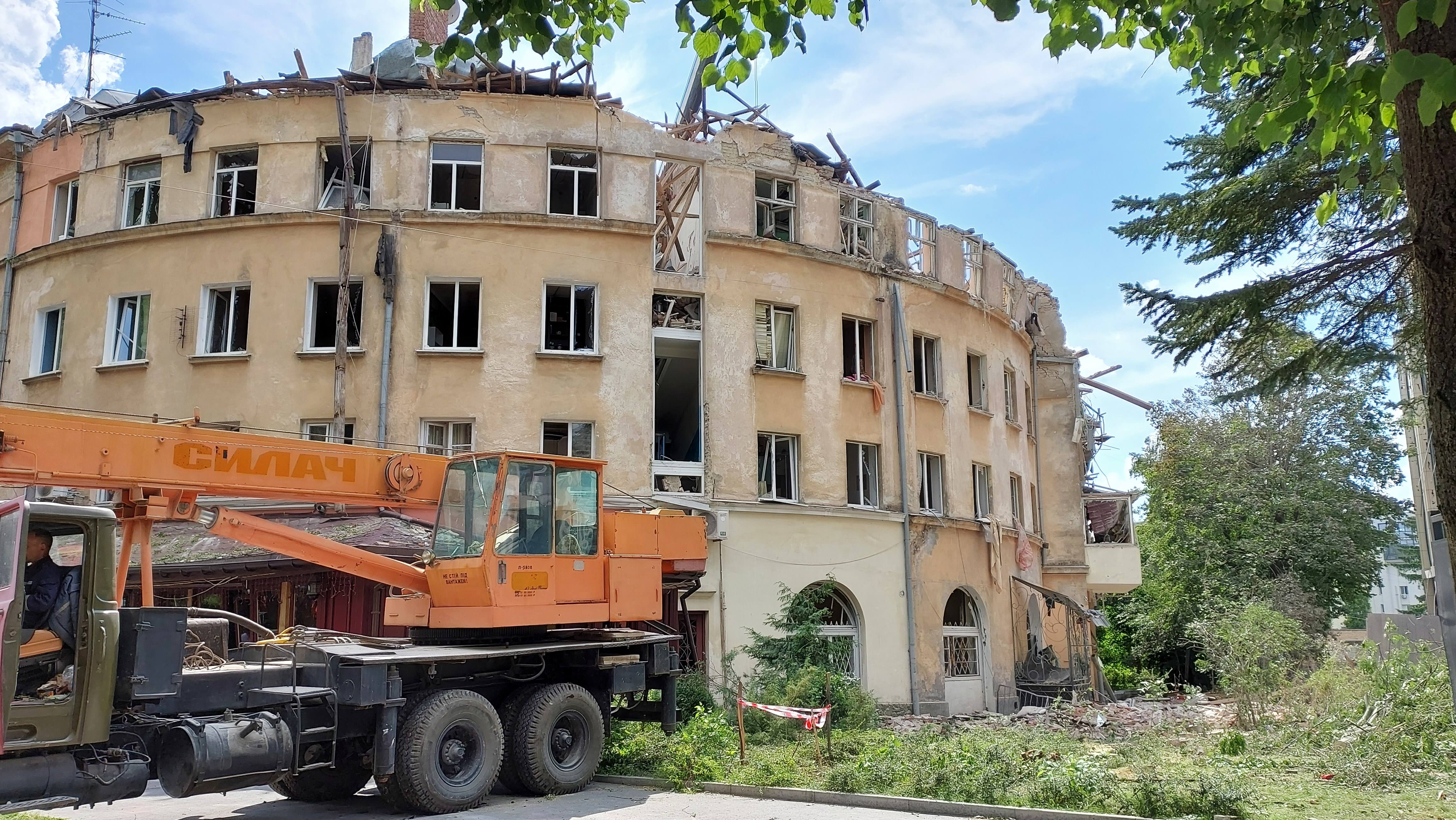UNHCR concerned about rising pressure on Chechens at Ingush camp
UNHCR concerned about rising pressure on Chechens at Ingush camp

GENEVA, Sept 23 (UNHCR) - Pressure is increasing on some 1,000 displaced Chechens to leave Ingushetia's Bella camp amid recent measures that have left them at times without basic utilities or infrastructure.
Since last Wednesday, gas, electricity and water supplies at Bella camp have been cut off for varying periods before being restored.
After a relatively quiet weekend, technicians from the gas service returned yesterday to remove a section of the gas pipe despite strong protests by the women at the camp, where gas is essential for cooking and heating. Electricity was cut again, and some witnesses said they saw latrines being removed from the camp by local officials.
Aid agencies, including UNHCR, have been denied access to the camp for varying periods, prompting the refugee agency to lodge official complaints in Moscow and Geneva on Friday. A UNHCR staff member was allowed to enter the camp yesterday, but several other agencies were not permitted to go in.
A military checkpoint was also erected at the entrance to the camp last Wednesday - the same day that gas and electricity supplies were first cut.
This is not the first time the residents of Bella camp have been subjected to such uncertainty and harassment. In August, 200 displaced Chechens were evicted from the camp, then forcibly removed from their temporary settlement, and placed in decrepit buildings near the camp, all within a few days. Bella camp was also one of the sites where military troops stationed themselves late last year, reportedly to prevent terrorist attacks on the camp.
Some 25 Chechen families at Bella camp have already requested UNHCR assistance to relocate to Satsita camp, where the refugee agency has provided tents.
"UNHCR does not in principle oppose plans to relocate some or all of the displaced Chechens from Bella camp to other locations in Ingushetia," said the agency's spokesman, Ron Redmond, in Geneva Tuesday. "However, the possibilities for appropriate alternative accommodation elsewhere in Ingushetia have not been fully and clearly elaborated."
The Russian government has given repeated assurances that Chechens will not be coerced - directly or indirectly - into returning against their will. Repatriation can only be considered voluntary if the displaced persons are fully informed about conditions for return and if they have a genuine alternative to allow them to remain in Ingushetia.
Latest estimates put the total number of displaced Chechens in Ingushetia at around 77,000. More than 11,000 of them are accommodated in five tented camps, while the rest are living in temporary settlements or private accommodation.









